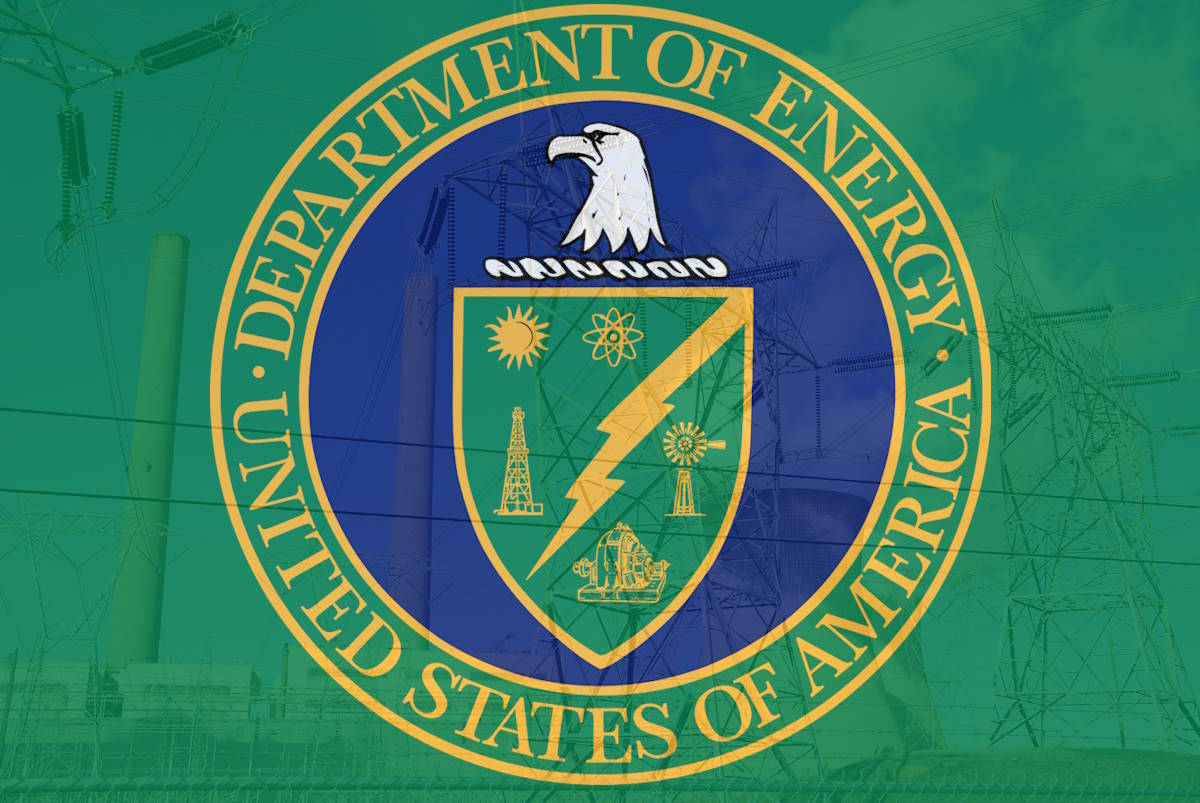DOE grants $70 million to enhance energy infrastructure resilience against cyber, physical threats

The U.S. Department of Energy (DOE) announced Thursday that it has granted up to US$70 million in funding to support research into technologies designed to increase resilience and reduce risks to energy delivery infrastructure from a variety of hazards, including cyber and physical threats, natural disasters, and climate-change fueled extreme weather events. The move aims to bring about an ‘all-hazards energy resilience’ funding opportunity to improve security, resilience, and reliability across these systems, in a bid to bolster the nation’s ability to recover from energy disruptions.
The latest competitive funding opportunity will be available to public and private sector stakeholders, universities, and DOE’s National Laboratories and will help advance next-generation innovations that strengthen the resilience of America’s energy systems, which include the power grid, electric utilities, pipelines, and renewable energy generation sources like wind or solar.
“Making smart investments in America’s energy systems today is essential to ensuring they’re more reliable and resilient against tomorrow’s threats, while also reaching President Biden’s ambitious clean energy and climate goals,” Jennifer M. Granholm, Secretary of Energy, said in a media statement. “As we build our clean energy future, these investments will help save money in the long run by identifying and developing innovative solutions that ensure our nation’s energy infrastructure can withstand emerging threats and the challenges of a changing world.”
Managed by DOE’s Office of Cybersecurity, Energy Security, and Emergency Response (CESER), the all-hazards energy resilience program seeks to address future challenges so that energy can continue to flow safely and reliably to communities across the nation.
As the climate and technology landscape is constantly changing, this funding opportunity is intentionally broad, and awardees are encouraged to develop innovative and unique solutions that are not ‘one size fits all.’ Awardees will span all types of energy delivery infrastructure and will address a diverse array of potential threats across energy production, generation, transmission, and/or distribution.
CESER is expected to fund up to 25 research, development, and demonstration (RD&D) projects under this funding opportunity ranging from $500,000 to $5,000,000. DOE encourages diverse teams from universities, nonprofit and for-profit companies, national laboratories, state and local governments, and Tribal Nations to apply.
The projects funded by the DOE will prioritize cyber research and development, as well as physical security research and development, among other proposed topic areas. These areas of focus are essential for addressing the evolving threats and challenges faced by the energy sector. The DOE’s investment in cyber research and development aims to enhance the sector’s ability to effectively detect, prevent, and respond to cyber threats. Given the increasing digital landscape, energy systems are at a higher risk of cyber-attacks. These projects will advance cybersecurity measures and reduce cyber risks to energy delivery infrastructure.
Regarding physical security research and development, the DOE recognizes that utility power stations face various threats to their physical security, including vandalism, sabotage, and ballistic damage. Current approaches, such as video surveillance systems, access control, and physical barriers, are insufficient in minimizing intrusions and damage. Therefore, the DOE aims to support projects that develop innovative solutions to enhance physical security measures.
To ensure comprehensive expertise, project teams must include academic institutions as well as energy industry owners, operators, and/or energy sector solution providers. The collaborative approach will facilitate the development of effective solutions that address the unique challenges faced by the energy sector.
The DOE announced in late August up to $39 million for projects across its national laboratories to help modernize the electricity grid. These funds come from the 2023 Grid Modernization Initiative (GMI) lab call which is set to support the development and deployment of concepts, tools, and technologies needed to measure, analyze, predict, protect, and control the grid of the future while incorporating equity and the best available climate science. The modernization efforts will also focus on enhancing cybersecurity posture.










